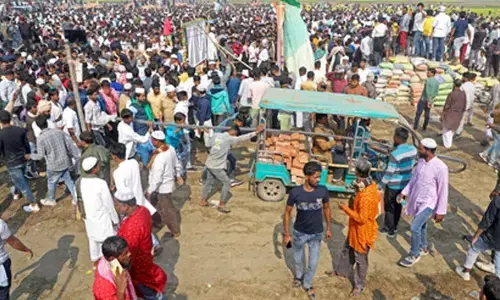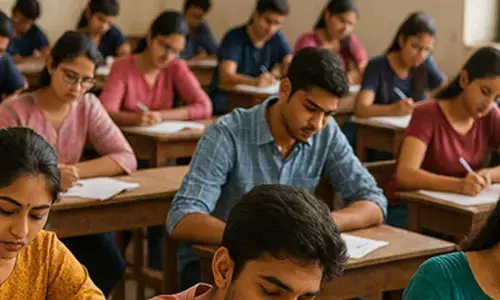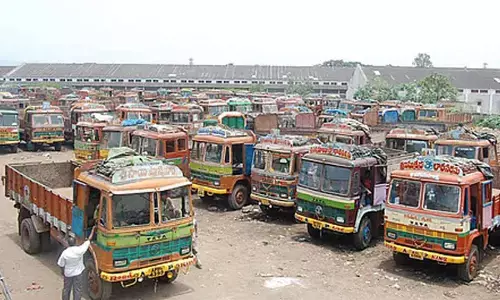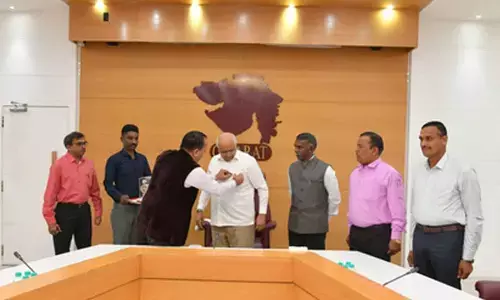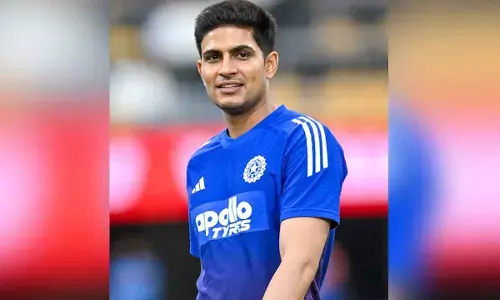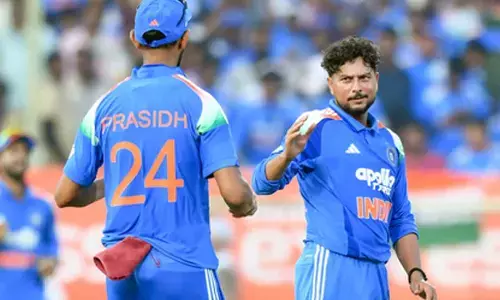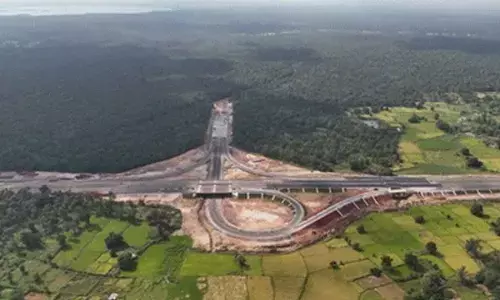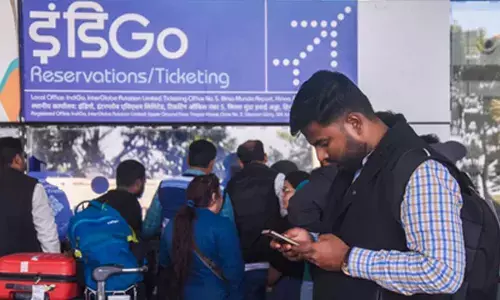New Delhi: National consensus must for simultaneous polls says Quraishi
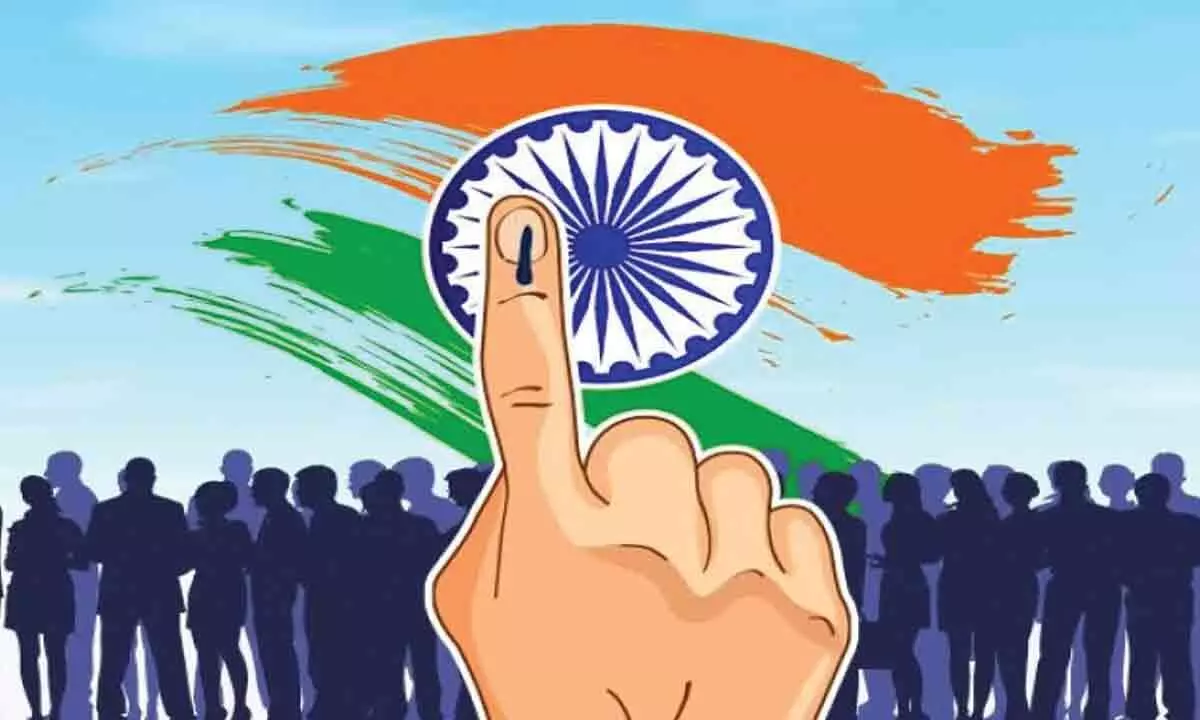
EC will show spine and be strong and tough in taking swift and neutral action in cases of model code of conduct violations in the upcoming assembly polls
New Delhi : With a high-level committee exploring the possibility of conducting simultaneous polls, former chief election commissioner S Y Quraishi on Thursday said if national consensus is not achieved on the proposal then it should not be "thrust on the people". Quraishi also said that it is expected that the present Election Commission will "show spine" and be "strong and tough" in taking swift and neutral action in cases of model code of conduct violations in the upcoming assembly polls.
In an interview with PTI on his new book titled 'India's Experiment with Democracy: The Life of a Nation Through its Elections', the former poll panel chief said one cannot legally find fault with parties promising "freebies" and noted that even the Supreme Court could not abolish the practice. Quraishi's book, published by HarperCollins India and launched on Wednesday, looks in-depth at the history, processes and politics of elections in India. Speaking with PTI, Quraishi hit out at the use of electoral bonds as a means of political funding, alleging that it has made the whole process of donations "absolutely opaque".
"In 2017, the then finance minister (Arun Jaitley) made a speech and his first sentence was music to my ears, he said that without transparency of political funding, free and fair elections are not possible. That is exactly what we have been saying. "His second sentence was also music (to my ears) that for the last 70 years, we have not been able to achieve transparency of political funding.
I thought his third sentence would be that we are going to enforce transparency but what he did was that he introduced electoral bonds which killed whatever transparency that existed," said Quraishi, who served as Chief Election Commissioner (CEC) from July 2010 to June 2012. He also asserted that the debate around the use of EVMs (electronic voting machines) was "totally unnecessary" and "ill-advised" and urged opposition parties to focus on other possible malpractices like the manipulation of electoral rolls.








